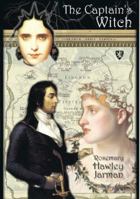Chess: A Psychiatrist Matches Wits with Fritz
Select Format
Select Condition 
You Might Also Enjoy
Book Overview
This compilation of over 125 games systematically illustrates a strategy that succeeds in beating today's best computer chess programs. With a detailed description of the steps that lay the groundwork for victory, this manual includes easy-to-follow diagrammed chessboards to illustrate each move. It also contains a description of the conventional principles of chess as well as the strategic differences of computer chess. This description may be from another edition of this product.
Format:Hardcover
Language:English
ISBN:1929331045
ISBN13:9781929331048
Release Date:September 2001
Publisher:Pavior Publishing
Length:412 Pages
Weight:2.60 lbs.
Dimensions:1.3" x 7.8" x 10.3"
More by Rosemary Hawley Jarman
Customer Reviews
14 customer ratings | 3 reviews
Rated 5 starsExcellent depiction of the Battle of Agincourt
By Thriftbooks.com User,
Ms. Jarman has written an extremely well researched book which details the events leading up to, the actual battle, and the aftermath of the engagement between the English and French at Agincourt during the Hundred Years War. This is but one of the three major defeats infilicted upon the French during the Hundred Years War. The book is highly readable and does not require an extensive foreknowledge of the historical period...
0Report











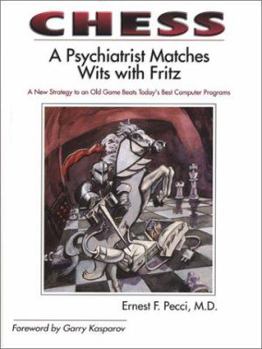


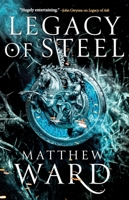
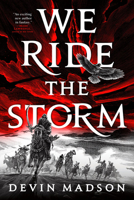
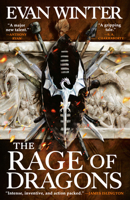
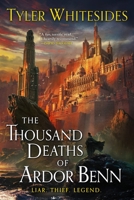
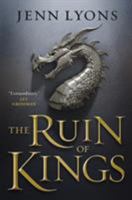
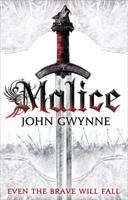
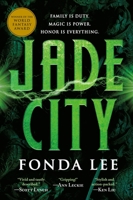
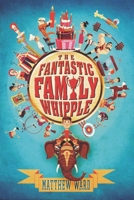
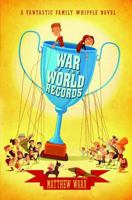
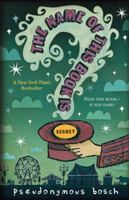
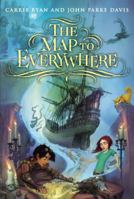
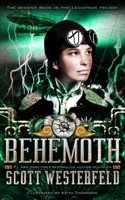
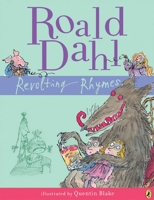
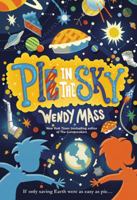
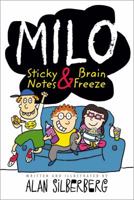
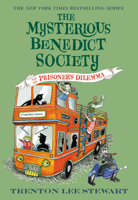
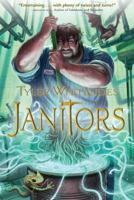
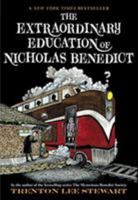
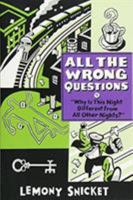
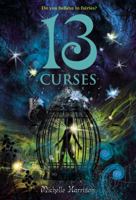

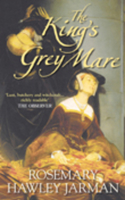
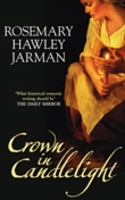
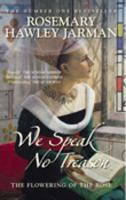
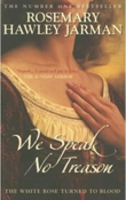

![By Rosemary Hawley Jarman We Speak No Treason (Book Club Edition (BCE/BOMC)) [Hardcover]](https://m.media-amazon.com/images/I/51pf8OfOozL._SL200_.jpg)

